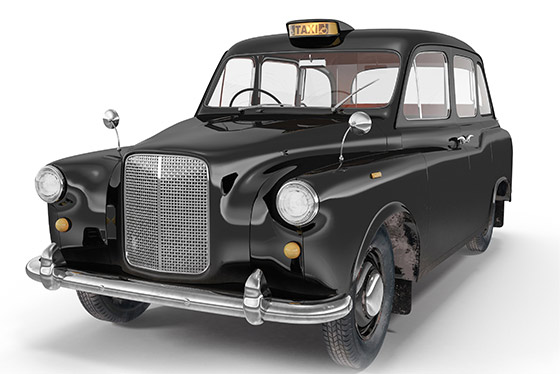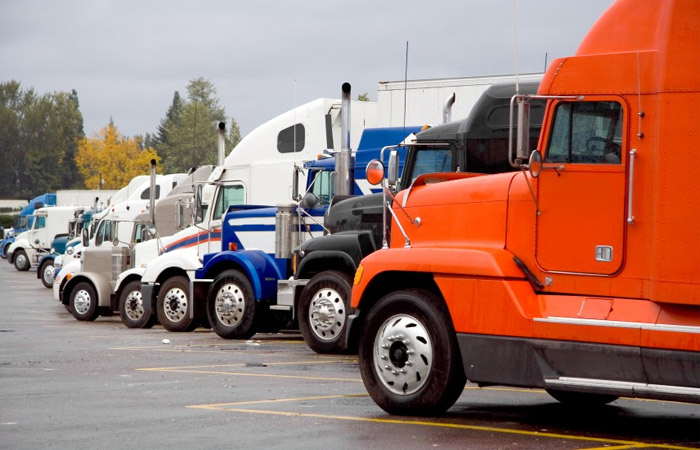What is business fleet policy and what does it include?
What is Fleet Insurance?
Fleet insurance is multi-vehicle insurance coverage that covers various sorts of cars your company owns and uses for work. Any registered firm with two or more company-owned automobiles in its fleet is eligible. Because it combines all of your cars’ coverage into a single policy, this sort of insurance is an excellent method to manage your business vehicle insurance obligations within a fleet. When it is time to renew a fleet insurance, you’ll only have to update one policy, regardless of how many vehicles your business has on the road. Fleet insurance protects a company’s whole fleet of vehicles. It lets you insure all of your vehicles under one policy rather than a separate policy, and you may either insure all drivers or assign named drivers to each vehicle.
Fleet insurance is an essential and cost-effective aspect of managing a company’s commercial fleet. There are various commercial vehicle insurance solutions to match the needs of every firm, ranging from truck insurance for small enterprises to insurance for big fleets of vehicles. Businesses want cost-effective and comprehensive coverage, as well as an efficient account management team to process claims quickly and efficiently. Fleet insurance is typically used by businesses that travel by vehicle for business purposes, but it can also benefit an individual who drives a large number of vehicles.
What types of vehicles does fleet insurance cover?
Fleet insurance covers all types of vehicles that your firm owns and uses for commercial purposes. This includes any company-issued vehicles your workers use for business travel, as well as taxis, motorcycles, minibuses, HGVs, trucks, and even construction equipment. Cars, vans, taxis, trucks, and a variety of other vehicles that are utilised for commercial or personal purposes are covered by fleet insurance. It protects your vehicles against losses and damage caused by an accident or third-party damage. As long as all of the vehicles you wish to insure are registered under the same company name, they’ll be covered under a combined fleet insurance policy.
What are the benefits of fleet insurance?
- One policy to cover all business vehicles: You can insure all of your company’s vehicles on a single policy, regardless of vehicle type, with fleet insurance. This means that you can insure mixed-use vehicles without having to purchase separate policies for each one in your fleet.
- One policy renewal date: When you insure all of your vehicles on the same policy, you only have to worry about one policy renewal date. This is especially advantageous for businesses with a big number of vehicles on the road because it minimises administrative time, allowing resources to focus on other aspects of the business.
- Cheaper premiums: Purchasing fleet insurance instead of individually insuring each vehicle in your fleet can save you money. If one of your vehicles is involved in an accident, your insurer may decide to split the cost of any claims made across all of your vehicles, lowering your premium.
Types Of Fleet Vehicle Insurance
There are three forms of fleet vehicle insurance in general. Here’s an overview of each of them, along with their advantages.
- Third-Party Only: It can protect you from third-party injury or damage in the event of an accident that is determined to be your fault. Third-party claims might include property or vehicle damage, in addition to injuries to other drivers or members of the public caused by an insured vehicle. The cheapest level of fleet insurance is a third-party only policy. Keep in mind, however, that it will not cover your drivers if they are injured in an accident, nor will it cover the cost of damage to your insured vehicles. This implies you’ll be responsible for the repairs.
- Third-Party, Fire And Theft: Third-party, fire, and theft insurance, sometimes abbreviated as TPFT, can protect you from damage to third parties and their property in the event of an accident. Furthermore, it can protect you from damages caused by fires and claims resulting from theft or attempted theft. The fleet coverage may cover the cost of repairs if the company vehicle is damaged, such as a stolen radio, as a result of an attempted robbery. And if the car is stolen, you won’t have to worry because the fleet insurance would cover the cost of replacing it.
- Fully Comprehensive: The greatest level of coverage and the most expensive fleet policy on the market is completely comprehensive coverage. It can cover damage to business vehicles as well as the drivers, in addition to fire, theft, and third-party injuries. If an insured driver causes an accident, the insurance may cover the price of repairs or even the replacement of the car if it is beyond repair. Furthermore, completely comprehensive coverage can payout even if you don’t know who is to blame. This includes situations where your employee returns to the car only to discover it has been damaged and the attacker has vanished.
Conclusion
As fleet managers and logistics organisations seek economical commercial vehicle fleet insurance, the ultimate beneficiary is road safety. Safer driving behaviour and the ability to correctly evaluate such driving are required for affordable fleet insurance. Safer driving will be rewarded by fleet insurance, which will help to reduce accidents and improve road safety!





























